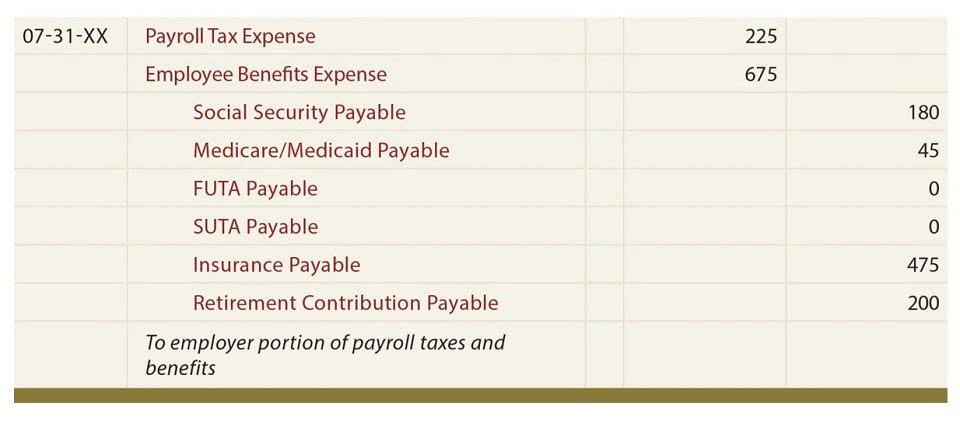
Full-charge bookkeepers usually earn between $35,904 and $76,000 per year, and their median annual salary is around $59,429. After creating a job ad, you can easily post it to 50+ job boards with our software. This job may require sitting or standing for extended periods of time, as well as some light lifting. At Future Proof Accounting, we’re not just your bookkeepers https://www.bookstime.com/ – we’re your partners in prosperity. This experience can often be gained through junior roles such as Accounts Payable Clerk, Accounts Receivable Clerk, or Junior Accountant. In some companies, they may work closely with an accountant or a financial controller.

Interview Questions for Prospective Full-Charge Bookkeepers

Preparing financial statements is an important task that falls under your job responsibilities as a full charge bookkeeper. These statements, such as the income statement, balance sheet, and cash flow statement, provide a snapshot of the company’s financial performance and position. By accurately preparing financial statements, you provide valuable information to management, investors, and other stakeholders to assess the company’s financial health.

Can you be a bookkeeper without qualifications?
By efficiently managing payroll, you contribute to the smooth operation of the company and ensure employees are paid accurately and on time. One of your primary responsibilities as a full charge bookkeeper is managing accounts payable and receivable. This involves processing invoices, verifying payment terms, and ensuring timely payments to vendors. You also handle the collection of receivables, ensuring that customers pay their invoices on time. By effectively managing accounts payable and receivable, you contribute to the financial stability of the company and maintain positive relationships with suppliers and clients.
Junior Accountant Job Description
While not a requirement, a bachelor’s degree in accounting or finance can provide additional knowledge and skills that can be beneficial in this role. Today, we present a customizable full charge bookkeeper job description template, designed for effortless posting on job boards or career sites. Full-charge bookkeepers typically issue invoices and collect them from customers. They also provide managers and CEOs with various financial statements while staying in touch with them directly. The full charge bookkeeper position is most commonly found in smaller organizations where there is no need for a controller, and which has relatively uncomplicated accounting transactions. If the company grows to a larger size, supervision of the accounting function is likely to be shifted to a controller who has experience with more complex accounting systems.
Knowledge of Generally Accepted Accounting Principles (GAAP)
A Full Charge Bookkeeper is a key financial professional responsible for managing the complete accounting full charge bookkeeper cycle of an organization. They play a crucial role in maintaining accurate financial records, ensuring compliance with accounting standards, and facilitating the smooth operation of the finance department. This includes recording all transactions, producing financial statements, managing accounts payable and receivable, processing payroll, and preparing tax returns. Usually, when a business has a full charge, this means that all of its accounting needs have been completed.
What Is Full Charge Bookkeeping? Everything You Need To Know About the Job
In this position, you will be responsible for accounts payable and receivable, payroll processing, and bank reconciliations. You will also be expected to generate financial reports, maintain the general ledger, and ensure compliance with accounting principles and regulations. The Full Charge net sales Bookkeeper job description template is designed for companies seeking an experienced and skilled bookkeeper to handle their financial transactions. It is a comprehensive guide for businesses looking for a reliable bookkeeper who can handle all aspects of the accounting process with precision and efficiency. Time management skills are crucial for a full charge bookkeeper to handle multiple responsibilities efficiently. Bookkeepers are often tasked with managing various financial tasks simultaneously, such as processing invoices, reconciling bank statements, and preparing financial reports.
Occasional Overtime during Busy Financial Periods
Finding a full-charge bookkeeper that fulfills all these responsibilities may be hard, but it’s not impossible. Luckily, SynkBooks makes things easier by offering you an efficient accounting team fully equipped with an expert full-charge bookkeeper. They could also be in charge of purchasing, inventory control, and human resources in smaller businesses. They should be able to create a friendly environment around the junior staff so they can learn and help with other high-end tasks if required. However, as your firm expands, your tasks will become much more difficult and significant.
Many people are interested in this field because it offers a unique and challenging perspective on financial activity. In addition, the salaries for accounting professionals can be very lucrative. You will play a key role in the organization by performing payroll, bank deposits, reconciliations, AP, AR, etc.
- These statements provide a clear snapshot of the organization’s financial health and performance.
- A full-charge bookkeeper is a person who does accounting and bookkeeping for a company, usually a small or medium-sized corporation.
- As a Bookkeeper, you’ll need excellent writing and communication skills to succeed in this field.
- They know a lot about accounting and are often the main contact for financial issues.
- Your full-charge bookkeeper could manage the less experienced staff members, manage effective workflows, and ensure that their job is accurate and completed on time.

The candidate for this position needs a basic understanding of financial reporting, a degree in accounting or business administration, or equivalent business experience. Honesty, integrity, and sensitivity to private financial information are a must. With our user-friendly platform, you can create a compelling job description and start receiving applications right away. A bookkeeper has to handle certain aspects of a company’s financial statements, while a full-charge bookkeeper has to handle complete and detailed aspects of a firm’s financial reporting. The responsibilities of a full-charge bookkeeper have a much broader range than those of a bookkeeper working in a small to medium-sized firm.
